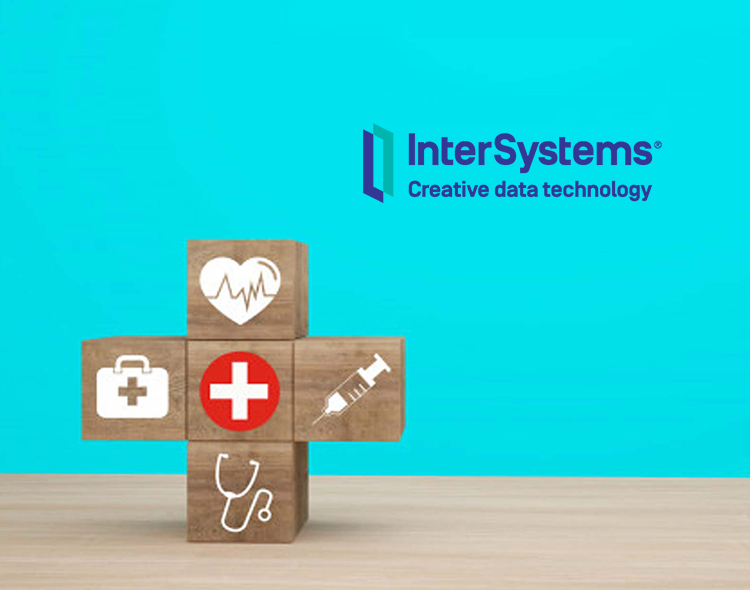New research reveals the costly impact of bad data on staffing, decision making, and clinical care
Data is an invaluable resource that informs nearly every choice we make, but poor data quality can have devastating effects on the decision-making process and financial outcomes. When it comes to health and patient care in particular, the stakes are at their highest. New research from Sage Growth Partners, commissioned by InterSystems, involving C-level leaders from top healthcare organizations reveals just how critically and financially important harmonized data is, and how investing in higher quality data can yield better benefits and decision-making for patient care.
Latest Fintech Insights: Truist Announces Purpose-Driven Approach to Checking Account Experience
“Every clinical and operational decision in healthcare is driven by data”
Hospitals and healthcare organizations (HCOs) currently face a number of bad data challenges, from a growing number of disparate data sources to erroneous and siloed data in fragmented repositories. These inefficient practices can impose a significant financial burden. Research shows that 43% of IT staff time is spent on data extraction and harmonization. Cutting that time in half alone could save an HCO upwards of nearly $1.6M in three years.
The report suggests that implementing what has come to be known as a smart data fabric can unify and democratize information, ultimately improving the finances, management, and operations of a health system. A smart data fabric can embed a wide range of analytic capabilities, including business intelligence, natural language processing, and machine learning to make it easier and faster for HCOs to process and share more accurate data. By implementing a smart data fabric and true interoperability standard across an entire health enterprise, HCOs could save upwards of $42.1 million over the course of three years.
Browse The Complete News About Fintech : Apis Growth Fund II Invests US$50 Million Series C in Giift, a Global Leader in Loyalty Program Management
“Every clinical and operational decision in healthcare is driven by data,” said Alex MacLeod, Director of Healthcare Commercial Initiatives at InterSystems. “Implementing solutions such as a smart data fabric can improve the quality of the data, enhance interoperability, and dramatically increase cost savings for HCOs. There is a pressing need for easy access to data from a single source of truth to put actionable insights back into the hands of administrators and clinicians and improve patient care.”
The report looks at the cost of manual data input, duplicate and inaccurate testing, and errors during transition of care as some of the impacts of poor data quality. It also considers the costs of shadow IT systems – hardware, software or other programs not supported by a central IT department – and finds these currently consume 40% of the total IT capital budget. Reducing them by half could save the typical HCO a total of $10 million over three years.
“The financial burden of bad data cannot be ignored,” said Stephanie Kovalick, Chief Strategy Officer of Sage Growth Partners. “The annual cost of poor data quality in the U.S. across all industries tracks upwards of $3.1 trillion. According to Gartner, this burden can be as much as $12.9 million for an organization due to data management challenges. With the escalating cost of healthcare in the US, health systems must start to pay more attention here. Investing in a smart data fabric is key to significantly reducing costs and saving clinicians valuable time spent otherwise on chasing and cleansing data to ensure the best possible outcomes.”
Read More About Fintech News : VizyPay Provides Customers a Free PAX SmartPOS Terminal with VizyPOS
[To share your insights with us, please write to sghosh@martechseries.com]
